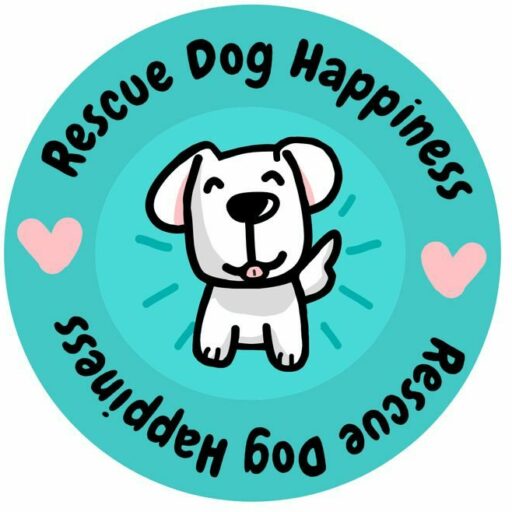Contents
Why Is My Adopted Dog Lazy? 11 Possible Reasons
You adopted a rescue dog and now it’s time to get to know them. Adopting a dog brings immense joy and a new set of responsibilities into our lives. There is lots to discover – but what if your newly adopted canine is showing signs of laziness? If you’ve found yourself asking, “Why is my adopted dog lazy?” – you’re not alone. This blog post will highlight 10 possible reasons why your adopted dog may be behaving this way. Plus, we’ll share actionable tips to help your pet regain their vitality and improve their overall wellbeing.
1. Your Adopted Dog Is Settling in
1One of the reasons is your dog is settling in and getting to know you. And while some dogs are full of energy, others may appear lazy, but this is not always the case. Just like their human counterparts canine’s have different moods, are sensitive and get tired too. Besides settling in below is a few reasons for a dog’s laziness.
2. Age of Your Dog
Age can be a major factor contributing to your dog’s energy levels. Older dogs are naturally less active than their younger counterparts. If your adopted dog is of a certain age, their laziness might just be a sign of them slowing down due to age.
3. Your Canine’s Diet
A poor diet could also be the culprit. Not all dog foods are created equal, and if your pet’s meals lack essential nutrients, it could affect their energy levels. Be sure to provide a balanced diet with the right mix of proteins, fats, and carbohydrates.
4. Health Issues
Health conditions like obesity, arthritis, or heart disease can cause lethargy in dogs. If your dog’s laziness is coupled with other symptoms such as loss of appetite, difficulty breathing, or frequent urination, it’s crucial to get them checked by a vet.
5. Breed of a Dog (Athletic or Laid Back)
Every dog breed has different energy levels. Some breeds like Basset Hounds and Bulldogs are naturally less active than others like Border Collies or Labradors. Make sure to research your dog’s breed to understand their activity needs better.
6. Previous Environment
Dogs that have been in shelters or had traumatic experiences might become withdrawn or inactive. Many dogs never had enough security to relax so they are making the most of it. Patience, love, and a stable environment can help them come out of their shell over time.
Secrets to Training Your Adopted Dog
7. Is Laziness a Sign Depression or Anxiety in an Adopted Dog
Like humans, dogs can experience emotional distress. Moving to a new home can be stressful. This may lead to symptoms like lethargy, loss of appetite. As well as a change in sleeping patterns. Monitor your adopted dogs behavior, and notice sign of anxiety versus them relaxing and taking time to adjust. If you are concerned about their behavior then talk to a veterinarian and seek the help of a professional dog behaviourist to assist in this case.
8. Lack of Mental Stimulation
Dogs need mental stimulation as much as physical activity. Without it, they might become bored and inactive. Interactive toys, training sessions, or puzzle feeders can keep your dog’s mind engaged. Keep your dog busy with daily exercise, chew toys and adjust it to their breed and needs.
9. Neutering/Spaying
Neutering or spaying can cause a decrease in energy levels due to hormonal changes. If you notice a sudden change in your pet’s activity after a surgery, it’s best to consult with your vet.
10. Your Adopted Dog Lazy Or Content
Sometimes, if your adopted dog appears lazy, it might just be content with their new home and secure environment. It might not be laziness, but just a relaxed, calm demeanor. Every dog has a unique personality, and some are simply more laid-back than others.
11. Lack of Exercise
Just like us, dogs need regular exercise to stay healthy and active. If your adopted dog isn’t getting enough physical stimulation, they might appear lazy. Ensuring your pet gets daily walks, playtime, and activity could significantly increase their energy levels.
Concluding 11 Reasons – Why Is Your Adopted Dog Lazy?
Your dog might need a few simple changes in their routine, like a balanced diet or more exercise. However, it could also indicate a more serious issue, such as health problems or emotional distress.
Always consult a professional if you’re unsure. Remember, understanding and patience can go a long way in helping your adopted dog adjust to their new home and life. Every dog deserves a second chance at a happy, active life!
